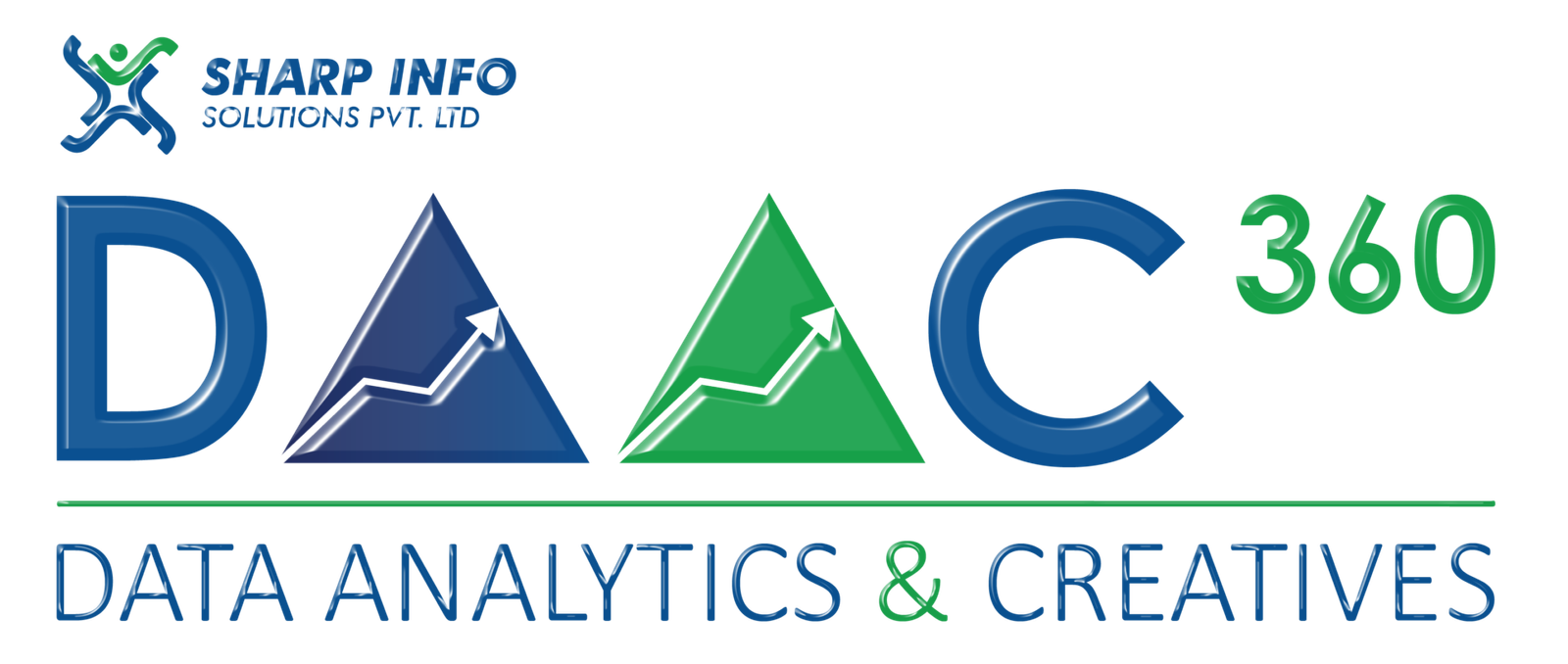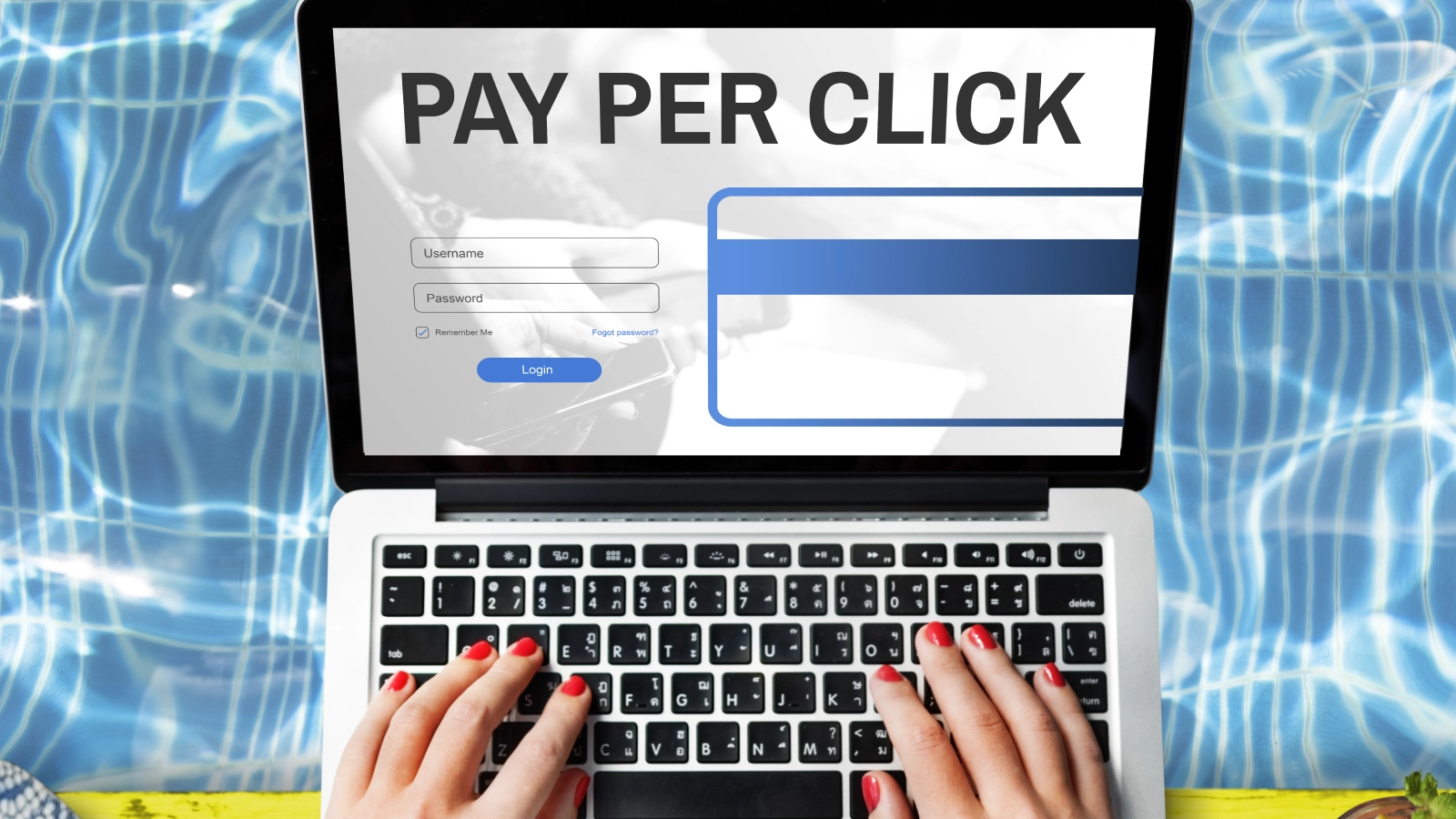PPC: What is PPC and How It Works for Your Business?
In the realm of digital marketing, PPC (Pay-Per-Click) advertising has emerged as a powerful tool for businesses to drive traffic, generate leads, and increase conversions. At SharpDaac360, we recognize the importance of understanding and leveraging PPC campaigns effectively. This blog explores what Pay-Per-click is, how it works for your business, and why it’s a crucial component of your digital marketing strategy.
Understanding PPC Advertising
Pay-Per-Click advertising, is a model of internet marketing where advertisers pay a fee each time their ad is clicked. It’s a way of buying visits to your website rather than earning them organically through SEO or other methods. PPC ads appear on search engines like Google and Bing, as well as on social media platforms such as Facebook, Instagram, and LinkedIn. These ads are typically displayed prominently on search engine results pages (SERPs) or within social media feeds, making them highly visible to potential customers.
How PPC Works
Keyword Targeting: PPC campaigns begin with keyword research, where advertisers identify relevant keywords that potential customers might use when searching for products or services. These keywords are crucial as they determine when and where your ads will appear.
Ad Creation: Once keywords are identified, ads are created to target specific audiences. Ads are crafted to be compelling and relevant, including a headline, description, and call-to-action that encourages users to click.
Bid Management: Advertisers set a bid amount, which is the maximum amount they are willing to pay for each click on their ad. Bids are influenced by factors such as keyword competitiveness, ad position, and budget.
Ad Auction: When a user enters a search query matching your keywords, search engines like Google initiate an ad auction. The auction considers factors such as bid amount, ad quality, and relevance to determine which ads appear and in what order.
Ad Placement and Clicks: If your ad wins the auction, it is displayed to the user. When a user clicks on your ad, you pay the bid amount to the search engine or platform. The click leads the user to a designated landing page on your website, where they can take further action, such as making a purchase or filling out a form.
Benefits of PPC Advertising
Instant Visibility and Traffic
One of the primary benefits of Pay-Per-Click advertising is its ability to deliver instant visibility and traffic to your website. Unlike SEO, which takes time to build organic rankings, PPC ads appear at the top of search results immediately after launching a campaign. This visibility ensures that your business is seen by users actively searching for products or services like yours, increasing the likelihood of clicks and conversions.
Targeted Advertising
PPC offers precise targeting options that allow businesses to reach their ideal customers. Advertisers can target users based on demographics, location, interests, and even behavior. This targeted approach ensures that your ads are shown to the most relevant audience, maximizing the effectiveness of your campaign and minimizing wasted ad spend.
Measurable Results and ROI
PPC campaigns provide detailed performance metrics that enable advertisers to measure the success of their campaigns accurately. Key metrics include click-through rate (CTR), conversion rate, cost per click (CPC), and return on investment (ROI). By analyzing these metrics, businesses can optimize their campaigns in real-time, making adjustments to keywords, ad copy, and bidding strategies to achieve better results.
Flexibility and Control
Pay-Per-Click advertising offers unparalleled flexibility and control over your marketing budget and strategy. Advertisers can set daily or monthly budgets, adjust bids based on performance, and target specific times of day or days of the week. This level of control allows businesses to allocate resources effectively and scale their campaigns according to business objectives and market conditions.
Pay-Per-Click Updates and Innovations
In recent years, PPC platforms have introduced several updates and innovations to enhance advertising capabilities:
Automation and Machine Learning: PPC platforms now utilize automation and machine learning algorithms to optimize bidding strategies, improve ad targeting, and enhance campaign performance.
Expanded Ad Formats: Platforms like Google Ads have introduced expanded ad formats, including responsive search ads and video ads, to provide more engaging and interactive advertising experiences.
Audience Targeting Enhancements: Improved audience targeting options, such as remarketing lists and customer match, enable advertisers to reach users who have previously interacted with their brand or who match specific criteria.
Conclusion
PPC advertising is a dynamic and effective way for businesses to reach their target audience, drive traffic to their websites, and achieve their marketing goals. By understanding how Pay-Per-Click works and leveraging its benefits, businesses can enhance their online visibility, attract quality leads, and increase conversions. At SharpDaac360, we specialize in creating and managing Pay-Per-Click campaigns that deliver measurable results and maximize ROI. Contact us today to learn more about how Pay-Per-Click advertising can work for your business.



